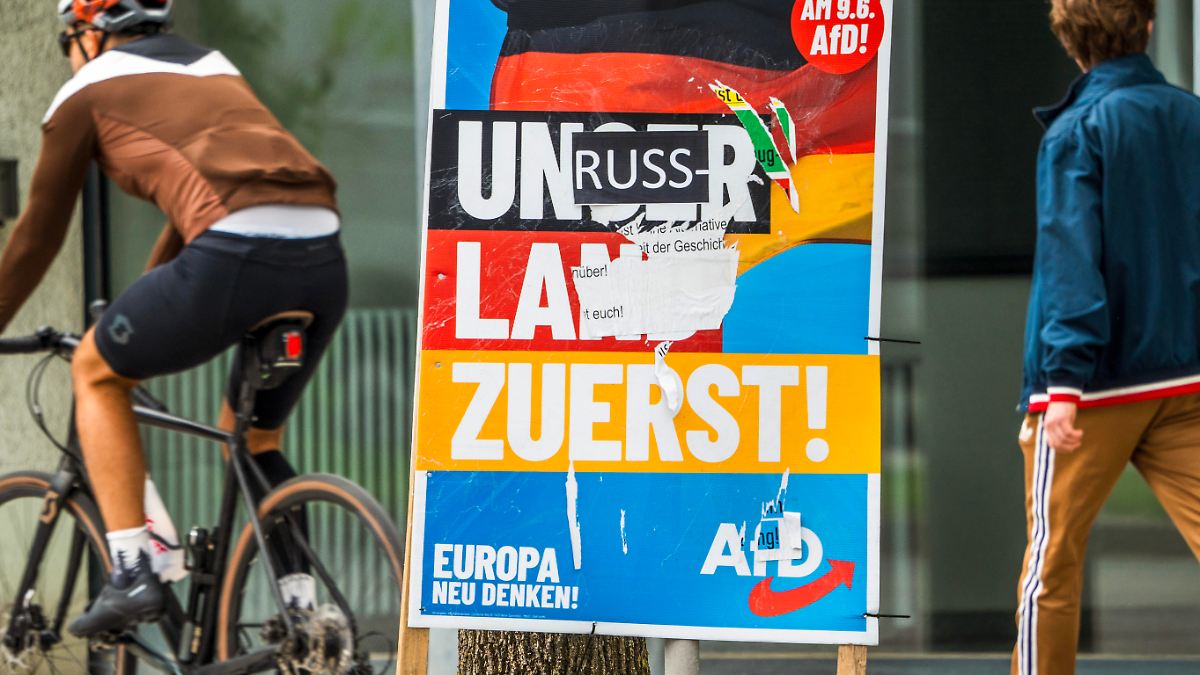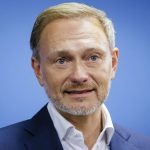“No sign of neo-Nazism”
Putin defends Kremlin contacts with the AfD
This audio version was artificially generated. More info | Send feedback
The Russian leadership no longer has many friends in German politics, but they still maintain good contacts, particularly with some representatives of the AfD. Kremlin leader Putin sees the partly right-wing extremist party as a victim of political persecution in Germany.
Kremlin chief Vladimir Putin has defended meetings between Russian representatives and representatives of the AfD, which is partly classified as right-wing extremist. “We will work with everyone who wants to cooperate with Russia,” Putin said at a meeting with representatives of major international news agencies in St. Petersburg. “We see no signs of neo-Nazism in the AfD’s actions,” said the Kremlin chief.
There are no “systemic relationships” with the German opposition party. But if someone advocates normal relations with Russia, then Moscow supports it. It is not up to Russia to evaluate whether a political force is operating within the framework of the constitution. “But we don't see anything that would cause us concern.”
Representatives of alternative viewpoints are immediately declared opponents of the state in Germany, complained Putin, who himself is trying to nip any Russian opposition in the bud and have opponents politically persecuted. “Any alternative point of view is treated as an anti-state stance. And everyone is immediately appointed Kremlin agents,” the Russian president claimed. In the past, Russian Foreign Minister Sergei Lavrov welcomed AfD leader Tino Chrupalla in Moscow as a state guest.
The media meeting in gas giant Gazprom's striking Lachta Center skyscraper is the first international meeting of its kind since the beginning of Putin's war against Ukraine. Putin is hosting the 27th St. Petersburg International Economic Forum. At the annual meeting of entrepreneurs from all over the world, Russia wants to present itself as an economically strong raw materials power, despite the sanctions imposed by the West in the wake of Moscow's war of aggression against Ukraine.




